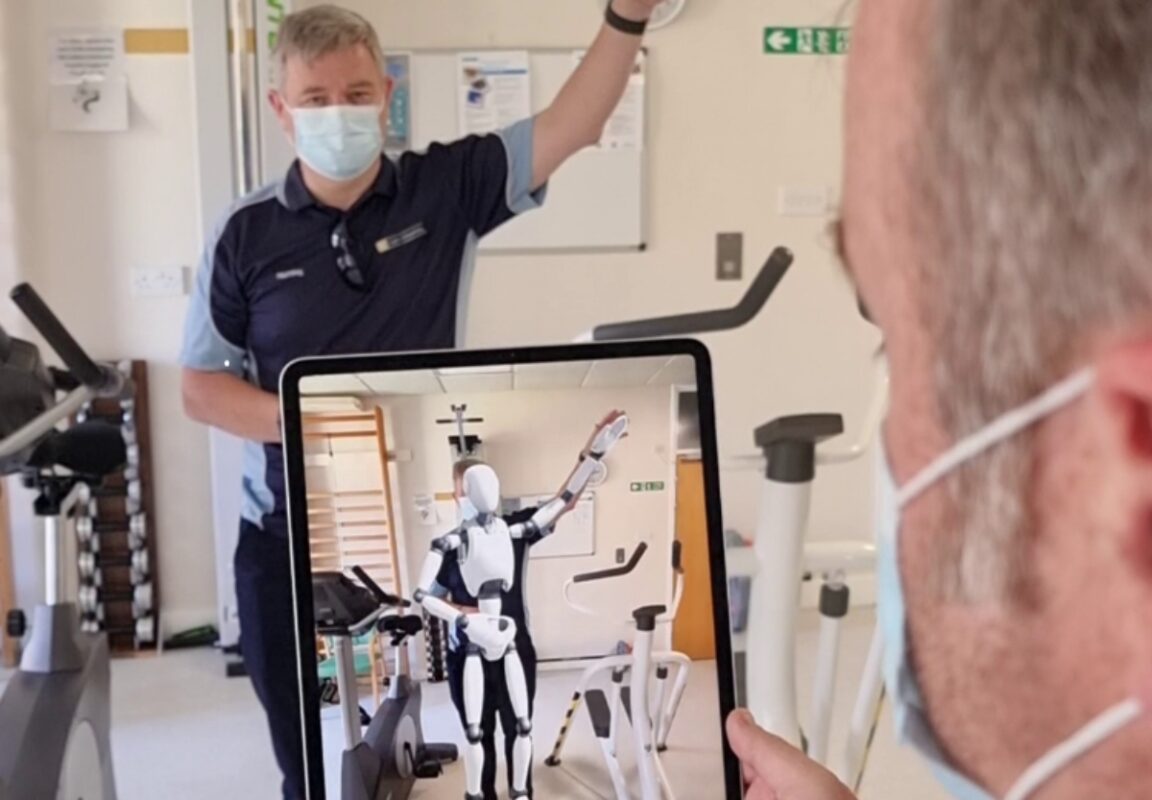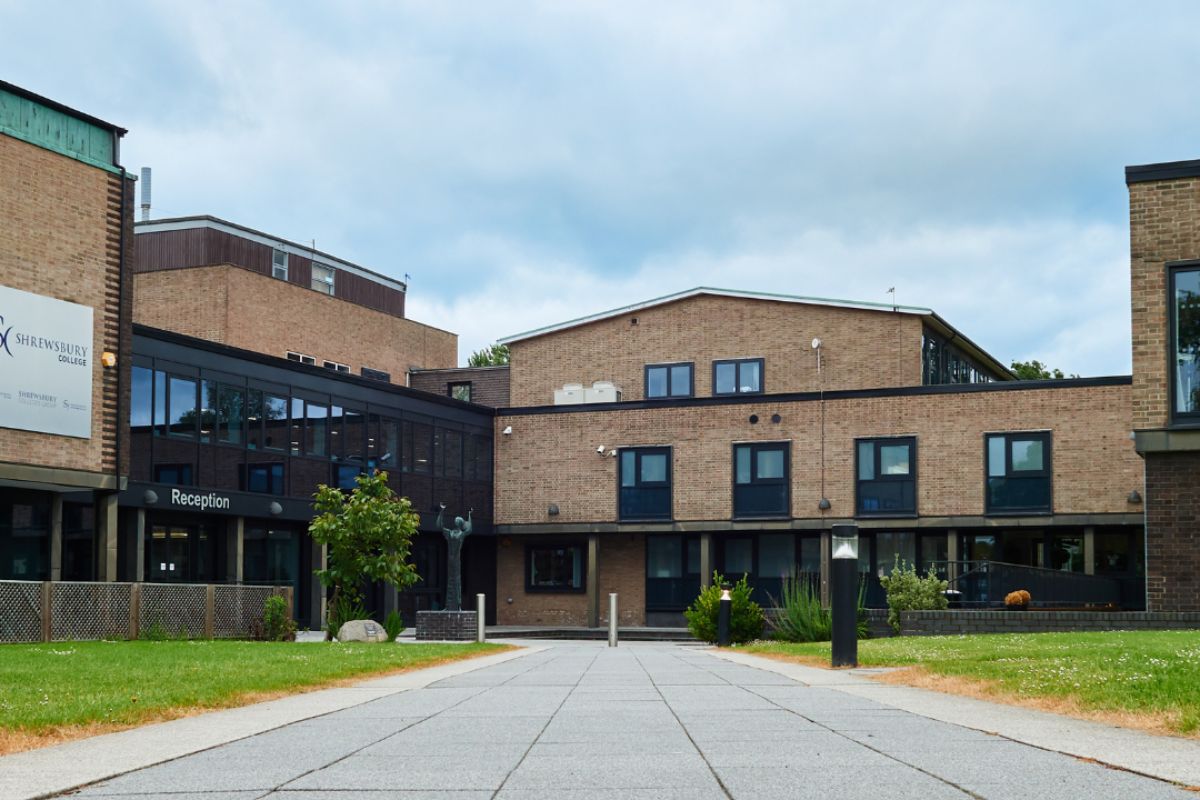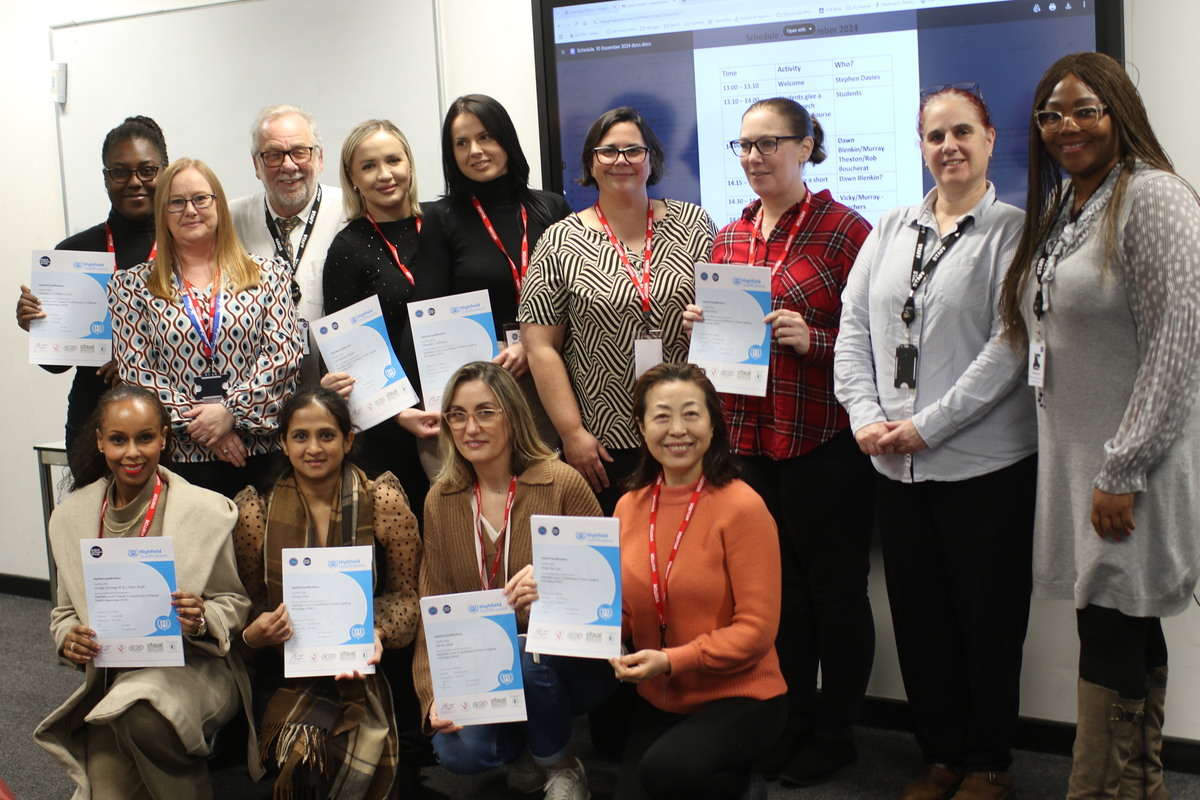University medical innovation expert helps to enhance healthcare with 5G

A medical innovation expert at the University of Chester (@uochester) is helping to shape the future of healthcare with cutting-edge research revealing the benefits of the latest wireless mobile technology.
Joseph McArdle, Director of Health and Medical Innovation and Transformation/Project Director at the University of Chester’s Business School, is at the forefront of an initiative exploring how 5G – the fifth generation of mobile data – can enhance health and social care services in rural areas.
In his role, Joseph leads the Digital Solutions programme, based at University Centre Shrewsbury, which offers support to businesses and is a key partner working with the West Mercia Rural 5G Project, which is part of the Department for Digital, Culture, Media and Sport’s 5G Testbeds and Trials Programme. The project looks at how 5G can help people in rural locations to be more engaged in their recovery and complete prescribed activities.
The project is also researching how clinical decision-making in community-based services can be enhanced through this improved connectivity between GP and community nursing services, and care homes.
The West Mercia 5G Testbed operates across the counties of Shropshire and Worcestershire, both having a large land mass that is classified as rural – 97.5% and 84% respectively.
Joseph is assisting with the design and delivery of two cases investigating these benefits, with the Digital Solutions programme working alongside the University of Liverpool and the Academic Health Science Networks in supporting SMEs (Small and Medium Enterprises) to develop solutions that are both technology and market-ready.
He spoke at two seminars recently for the UK 5G Innovation Network and Innovate UK Knowledge Transfer Network, (part of the Innovate UK Group – the UK’s innovation agency), and shared the examples of telemedicine and rural 5G early adoption from the area.
These are:
- examining how effective the increased connectivity is in providing rapid access and information to assist the resident’s welfare.
Joseph said: “Technology already has a significant role as health and care services are moving closer to the community or indeed within homes and there is more emphasis on people taking a greater interest in their own health and wellbeing. Meanwhile globally, social care, health care and preventative approaches are being integrated to focus resources where they are most needed and to personalise services.
“Experience through COVID has emphatically proven the worth of digital connectivity, particularly in the face of challenges such as on-going infection risk and increased demand on services.
“The University of Chester, as a key partner through its Digital Solutions programme, is not only supporting the West Mercia initiative in identifying and realising the benefits that 5G offers to the health and social care system but also its economic and sustainability impact.
“Innovations such as telemedicine (remote consultations), wearable (physiological data transmission and analytics) and personalised services (possibly using AI) are all under development.
“Potentially, this technology can have a transformational impact in healthcare and beyond, and it is essential we innovate to meet patient and provider needs, ensuring access whether the area is urban, suburban or rural.”











Responses